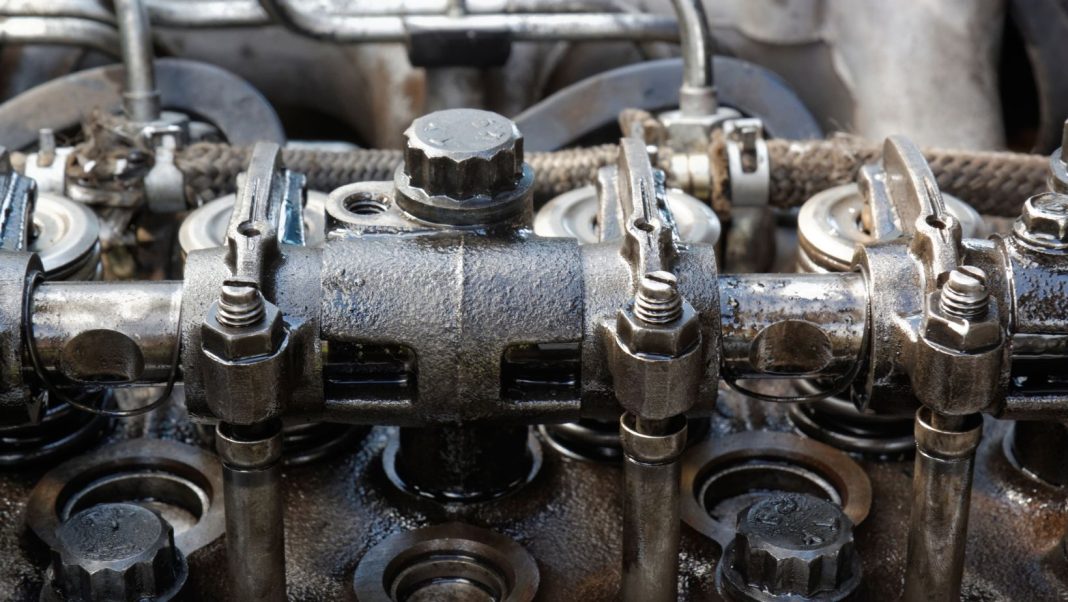When it comes to diesel engines, the fuel pump is one of the most important components. It is responsible for delivering diesel fuel from the tank into the engine at an appropriate pressure and volume. Without a properly functioning fuel pump, your diesel engine will not be able to operate at its full capacity.
In this article, we are going to tell you all the important details related to a diesel pump as well as its working and other important fuel pump issues that we think everyone should know about. So, how does a diesel pump work? Let’s take a look!
The Basics of a Diesel Pump
A typical diesel pump consists of several parts that work together to deliver fuel from the tank to the engine. These include a supply line, a fuel filter, an electric motor, and an injection nozzle. The electric motor powers the fuel pump and causes it to draw in diesel from the supply line. The fuel then passes through the filter before being injected into the engine via the injection nozzle at an appropriate pressure and volume. This process is repeated continuously as long as the engine is running.
Types of Diesel Pumps
There are two main types of diesel pumps: mechanical pumps and electronic pumps. Mechanical pumps use a camshaft or crankshaft-driven cam plate to regulate pressure and volume by controlling delivery timing and duration with valves inside the pump body.
Meanwhile, electronic pumps are newer technologies that use computer-controlled sensors to monitor both pressure and volume within milliseconds so that they can make necessary adjustments in real-time as needed by the engine.
Signs and Symptoms of a Faulty Diesel Pump
To ensure you catch the signs of a faulty diesel pump early on to have it serviced before irreparable damage occurs, here are the symptoms to keep an eye out for. If you notice unusually loud noises coming from your pump or a more sluggish performance than usual, that could be a sign your diesel pump needs to be serviced right away.
Additionally, other important items to watch out for include changes in oil pressure levels and fuel pressure levels while running your engine as well as surges in power and rpm.
Maintenance Considerations
It’s important to note that regular maintenance is key when it comes to keeping your diesel pump working properly over time. This includes inspecting all components of your diesel pump on a regular basis, such as checking for wear or damage on belts or hoses; replacing worn-out filters; cleaning out any dirt or debris; lubricating moving parts; testing for performance issues; and ensuring that all connections are secure. Taking these steps can help you ensure your diesel engine runs smoothly for years to come!
Conclusion
Whether you’re using a mechanical or electronic diesel pump, understanding how it works is essential for keeping your vehicle running smoothly over time. By following the proper above-mentioned maintenance protocols- you can help ensure your vehicle’s safety while also extending its lifespan in no time. With this knowledge under your belt, you’ll be well on your way toward becoming an expert when it comes to taking care of your vehicle’s vital systems!

